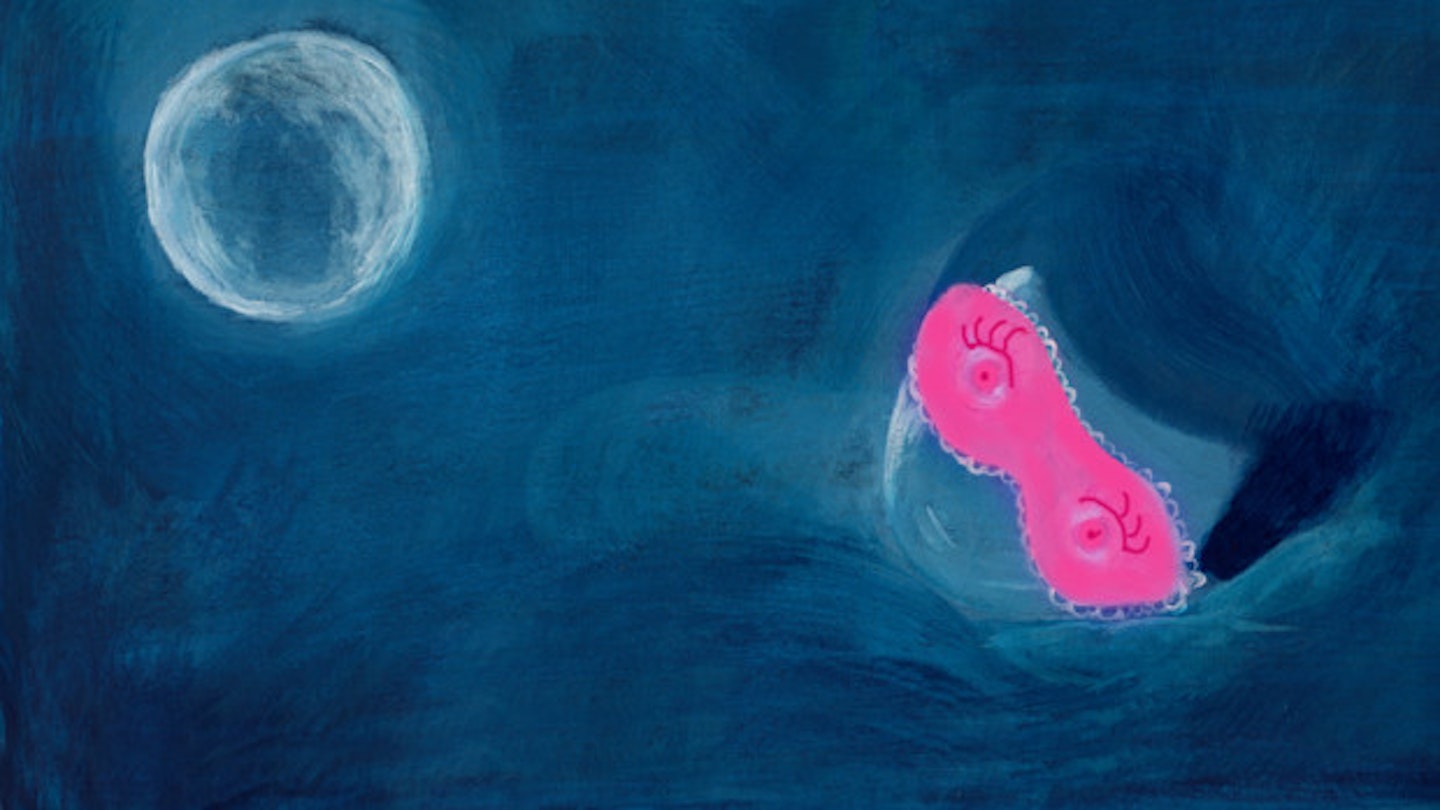Are you tired? I’m tired. Mainly because I stayed up late writing this (hi, irony) but also because I feel tired around 87% of the time. The people around me are the same. When I ask my mates thow they are, the answer will more often than not involve ‘tired’. We discuss our sleep at length, regularly, when really, it’s probably not at all interesting to anyone but yourself (sorry).
It would be fair to say that society is totally obsessed with sleep. In some ways this makes sense: if we don’t sleep we will, quite literally, die. It's a common denominator too because every single person in the world has to sleep. But there’s another side to this: the policing of sleep. Just like most other areas of our lives – our Instagram profiles, the clothes we wear, the size of our bums – the bombardment of how badly we’re sleeping, how we should really be working on our sleep hygiene, the general line of how shit we are at sleeping, is exhausting. I'm not denying the facts; that sleep, either too much or too little, can hugely impact on health – a recent study shows there's a sweet spot at around 7-8 hours – but it’s yet another thing for us to feel inferior about.
Women, especially, have a complicated relationship with sleep. For a start, we sleep worse than men. Fact. ‘Men don’t have periods, men don’t have babies, men don’t breastfeed, men don’t have menopause, men don’t snap their hips as easily as women. All of those things affect your sleep,’ Dr Kevin Morgan, Professor of Psychology and Director of the Clinical Sleep Research Unit at Loughborough University, explained. ‘What it comes down to is how many things challenge men’s sleep and, relative to women, the answer is fewer. So even if men and women had an equal propensity to have sleep issues there are simply more things that challenge women’s sleep. In a way, you could actually say that their lives are more complicated.’
There is also a psychological side: even though we probably have slept worse, women are more likely to report feeling tired, too. 'What is almost certainly the case is the sociology and the psychology of vulnerability, women are more comfortable saying if you ask women if something’s wrong with them, they tend to be more comfortable than men saying yes,' Dr Morgan told me.
For women, especially, there’s an essence of ‘proving yourself’ because a lack of sleep is ‘macho’ because even as societal roles have shifted form the traditional, the societal expectation on women (and one they often put on themselves too) is to Do It All. You’re more career driven and successful if you sleep less and get up early, right? Margaret Thatcher famously only slept four hours a night, Tom Ford apparently only gets three and it’s claimed that Leonardo da Vinci only had one and a half to two hours sleep (in the form of naps) throughout the day.
It’s this notion, that sleeplessness = success, that is warping our relationship with sleep. Socially it’s become more than acceptable, in fact, you're expected to be tired and if you’re not? Well, you’re just not working hard enough are you? We wear our bags and dark circles like a puffy badge of honour; proof that we’re dedicated, so dedicated that we’ll give up precious hours of sleep. A lack of sleep is a status symbol of sorts. And those setting the precedent, actually, may be more a product of their own biological body clock; Dr Paul Kelley, Honorary Clinical Research Associate in the Sleep and Circadian Neuroscience Institute at University of Oxford, explains that past 55/60 years old, your body naturally wakes up earlier compared to when you’re in your 20s, reverting to a pre-puberty body clock. ‘Older people, like me, tend to wake up earlier, therefore all the people who have got to “the top” tend to be old and what they say is right for them, is right for everyone,’ says Dr Kelley. Arianna Huffington, founder of the Huffington Post, is a vocal proponent of the power of sleep, not least because she collapsed from exhaustion in 2007, and ranks it as her ‘number one’ tip for success.
This gives sleep a strange, competitive undertone. But really, we compare ourselves to each other in every single other way, so why would sleep, something we all knowingly do every single night, be any different? It’s even a competition with ourselves: every night is another opportunity to the previous night’s sleep quality on my SleepCycle app (I’m sitting on a 79% average – 4% above the UK average FYI – thanks for asking). But whilst some of us might be vying to get the most sleep, what’s much more likely is the one-upmanship that comes with not ‘needing’ very much, especially for women. You know how we're also just so busy?
The argument that we’re being faced with at the moment is that we’re more sleep deprived than ever: our obsession with technology is ruining us, our sleep hygiene couldn’t be worse, we’re running on empty… We all feel tired too, but could it in part be down to a self fulfilling prophecy? Being constantly told how tired and overworked we are, means we're bound to take some of that on: it’s validation to feel that way. Stats are backing us up when we reckon we’re tired too: apparently six in 10 of us in the UK is sleep deprived, with a lot of it being blamed on technology: 91% of 18-24 year olds admitted to used a smartphone or computer in the two hours before sleep. The idea of a sleep epidemic is being banded about too: the US Centers for Disease Control and Prevention has declared it a public health problem. Apparently we’re sleeping one to two hours less than we were in the 1960s – although this could be explained by the fact that our work is generally less physically labour-intensive than it would have been back then.
When I asked Dr Morgan whether he thought we were in the midst of a sleep epidemic he was more than sceptical. ‘For me, it doesn’t work. It’s a myth. It’s a total myth and yet it’s kind of grown legs and become a kind of mantra.’ He explained his thoughts in a historical context noting the shift-work characteristic of post-war Britain and the unsanitary and uncomfortable living conditions to prove his point. ‘And somehow we go home to our warm, centrally heated houses, we sit on our slumberdown beds, we may or may not open our double glazed, sound insulated windows, and imagine that things have never been worse for sleep? It’s absurd! We’ve never ever been more comfortable.’ This, I was not expecting. When I came off the phone and told my work mates, there was outrage: how dare he tell us this when we all feel so tired! Doesn’t he know we’re obsessed with technology?! We basically sleep with our phones! It was like everything we’d been told was a lie. Our collective tiredness suddenly doesn’t have roots in how society is structured today; our entitlement to tiredness had been lost.
And if we are being fed the line that we’re all suffering from a lack of sleep, where’s that coming from? America, according to Dr Morgan. ‘Sleep medicine is like all medicine in the US: it’s another great way to make a living. If you’re a sleep physician then it’s in your interest to tell people how badly they need your business and one way to coax a market is to basically demonise the kind of sleep people are currently getting.’ Basically, just how our teeth aren’t white enough or we're not skinny enough, in a lot of ways, it’s another way to sell.
This, of course, is only one opinion (Dr Kelley believes we're in the midst of a sleep deprivation crsis) and is obviously by no means a denial of sleep disorders: my best friend is a struggling insomniac, it affects one in three people in the UK but our relationship with sleep is a complex one, other disorders like apnea are very realwe've already discussed the long term implcations of not getting the sleep you need, as well as immediate issues (poor concentration, for example).
READ MORE: The best sleep pillow sprays
The best sleep sprays 2021 slider
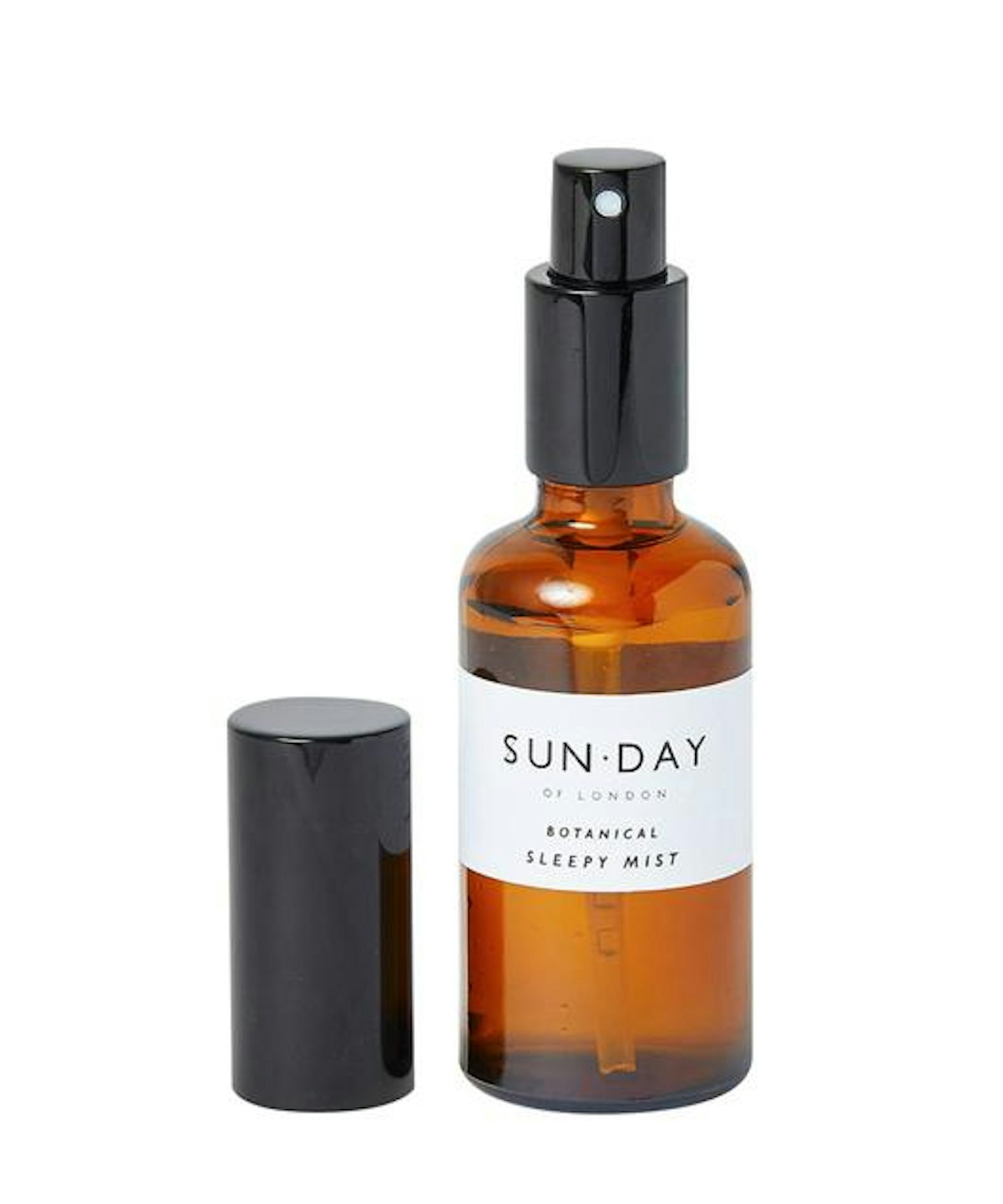 1 of 7
1 of 7Sun.Day of London Botanical Sleepy Mist, £19
Blended with 12 sleep inducing botanicals, this pillow spray is powerful but good. Initially, it smells a little like liquorice but this soon dries down to a more green and fresh scent.
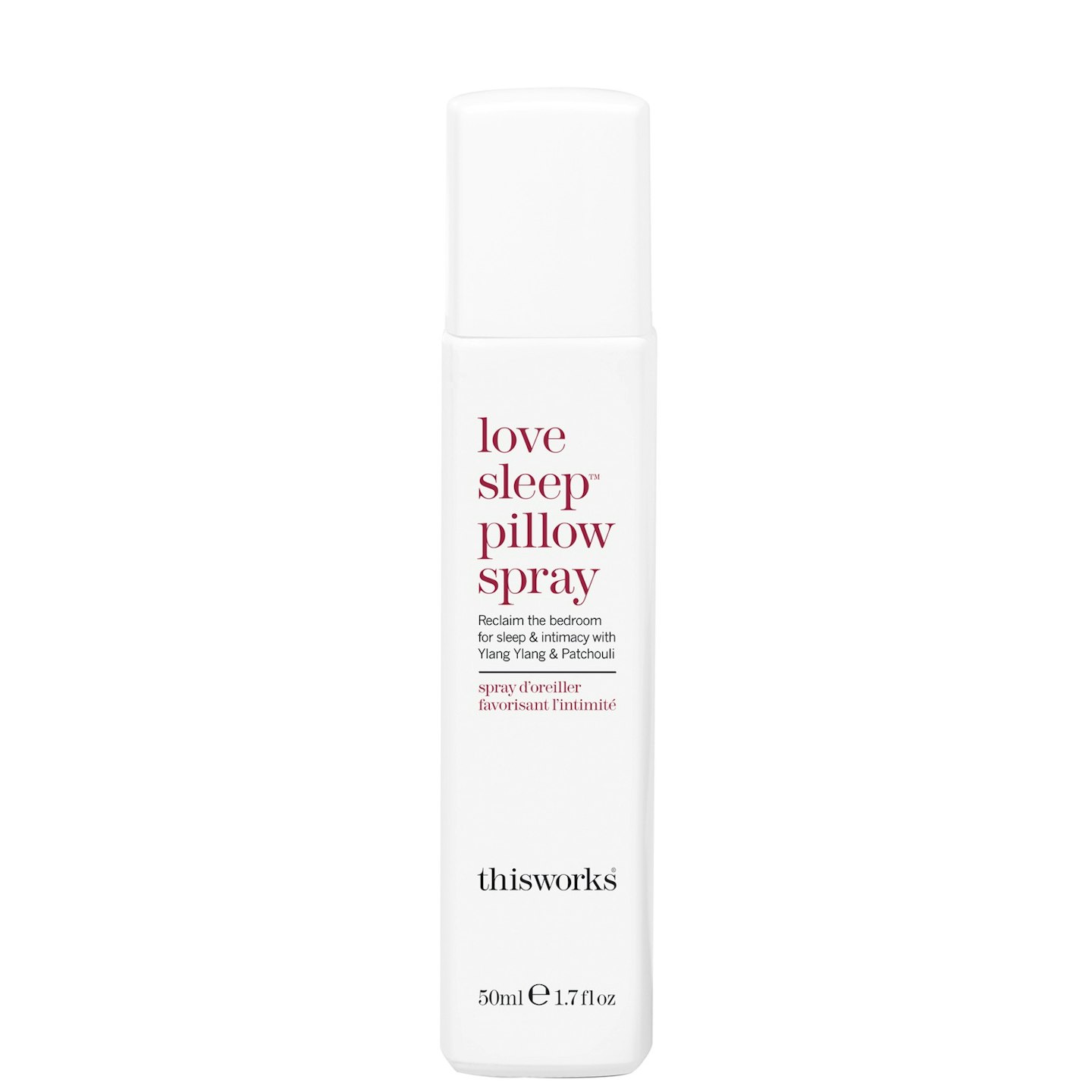 2 of 7
2 of 7This Works Love Sleep Pillow Spray, £30
I'm a HUGE fan of the original This Works Pillow Mist, but recently I tried this 'Love' version and I've been converted. Instead of lavender, this mist contains soothing ylang ylang and patchouli that together smell creamy and comforting. Oh and apparently this combo will 'get you in the mood'.
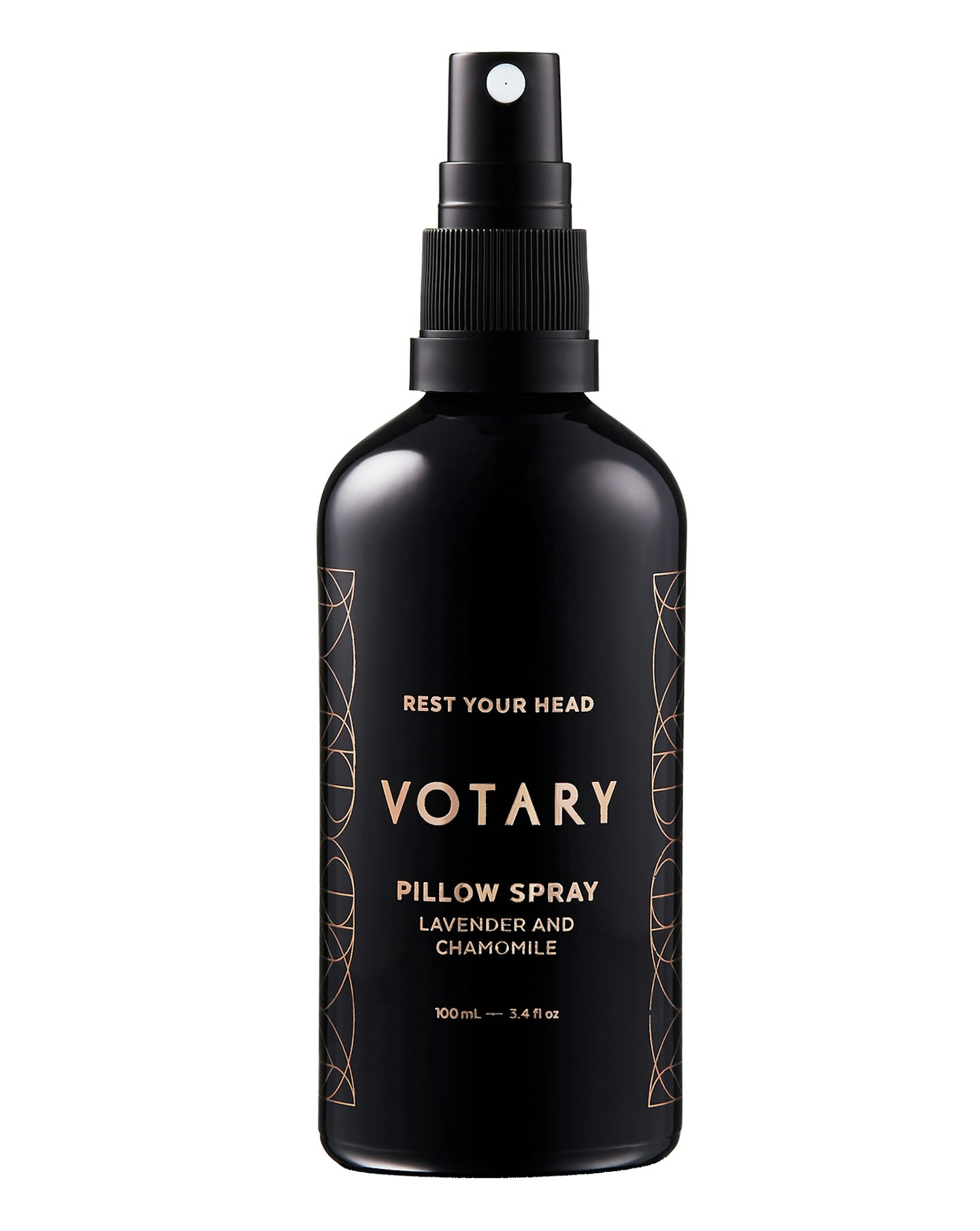 3 of 7
3 of 7Votary Pillow Spray - Lavender and Chamomile, £35
This is a personal favourite of mine and has been for some time. It's exactly how you'd expect a good pillow mist to smell - all earthy lavender and calming chamomile. Top tip? Allow some time for the oils to settle on your pillow before you hit the hay.
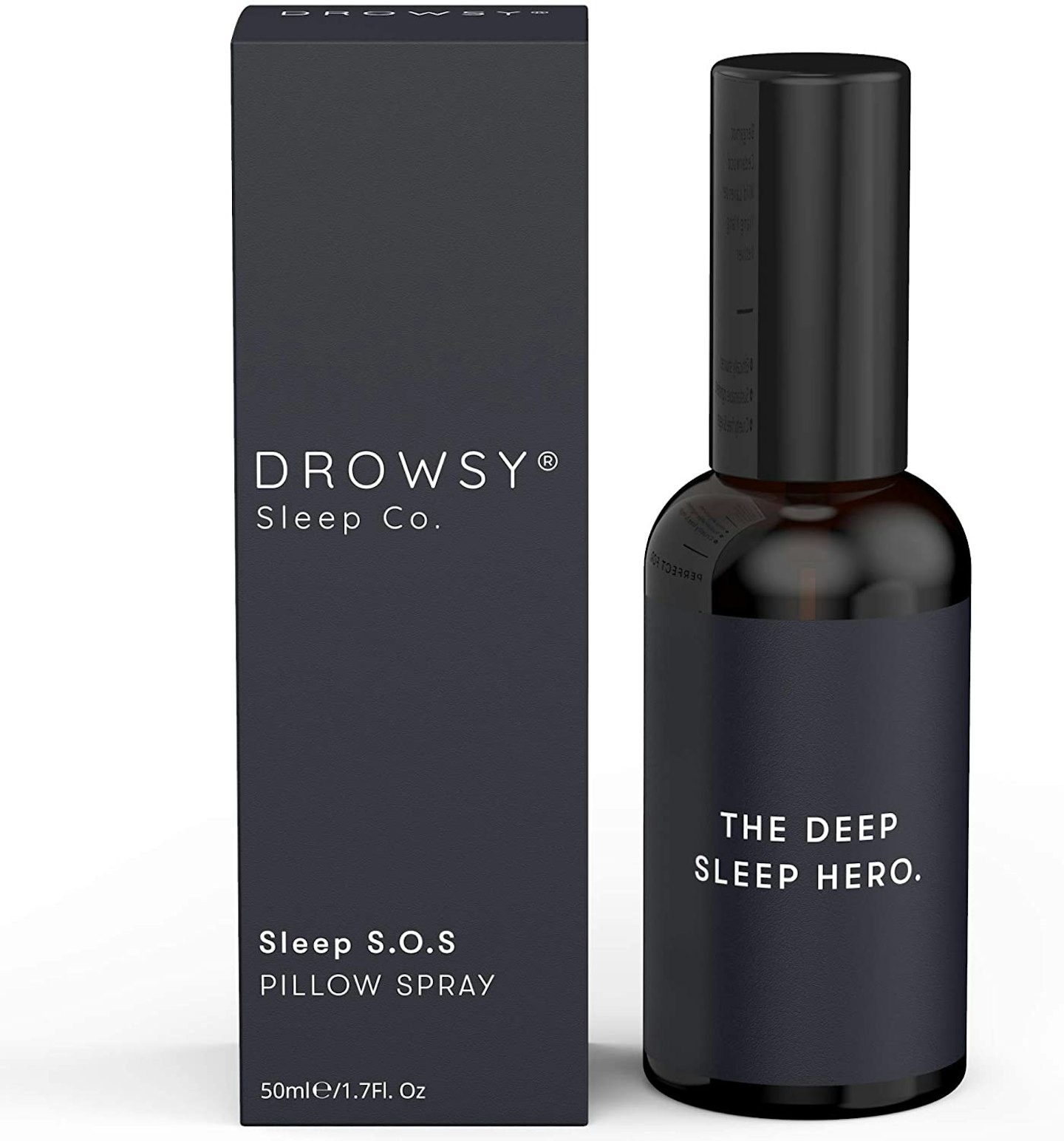 4 of 7
4 of 7Drowsy Sleep S.O.S Pillow Spray, £21.95
This smells SO good, I would seriously considering wearing it as a perfume. At first it smells herby, but then you'll be hit by the refreshing geranium and warming ylang ylang before settling down to an earthy combo of woods and vetiver.
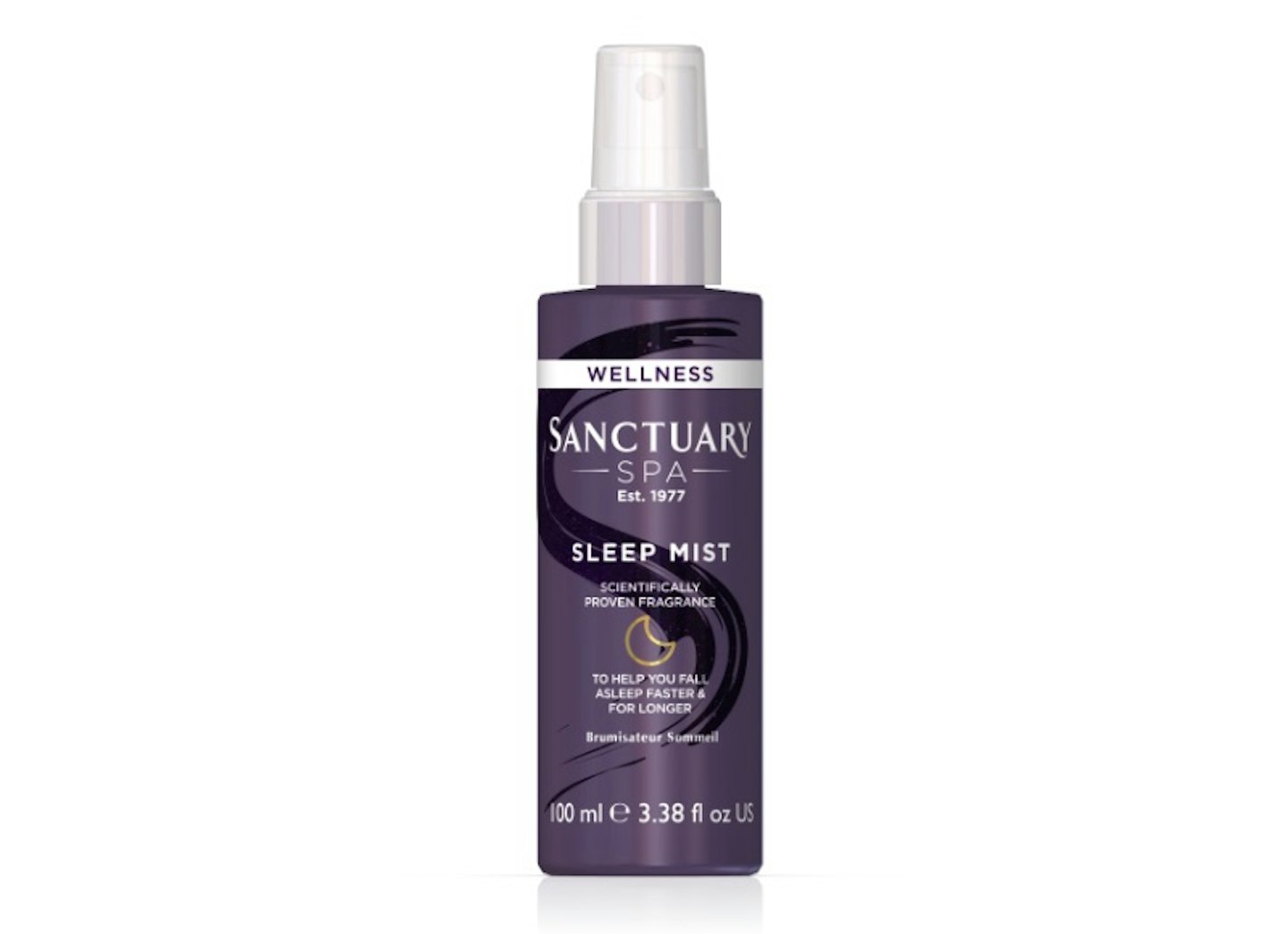 5 of 7
5 of 7Sanctuary Spa Sleep Mist, £12
A totally different scent to the other pillow mists, this reminds me a little of Tom Ford's Black Orchid perfume. Creamy and addictive, the spray combines jasmine, patchouli and frankincense to help relax the body and mind.
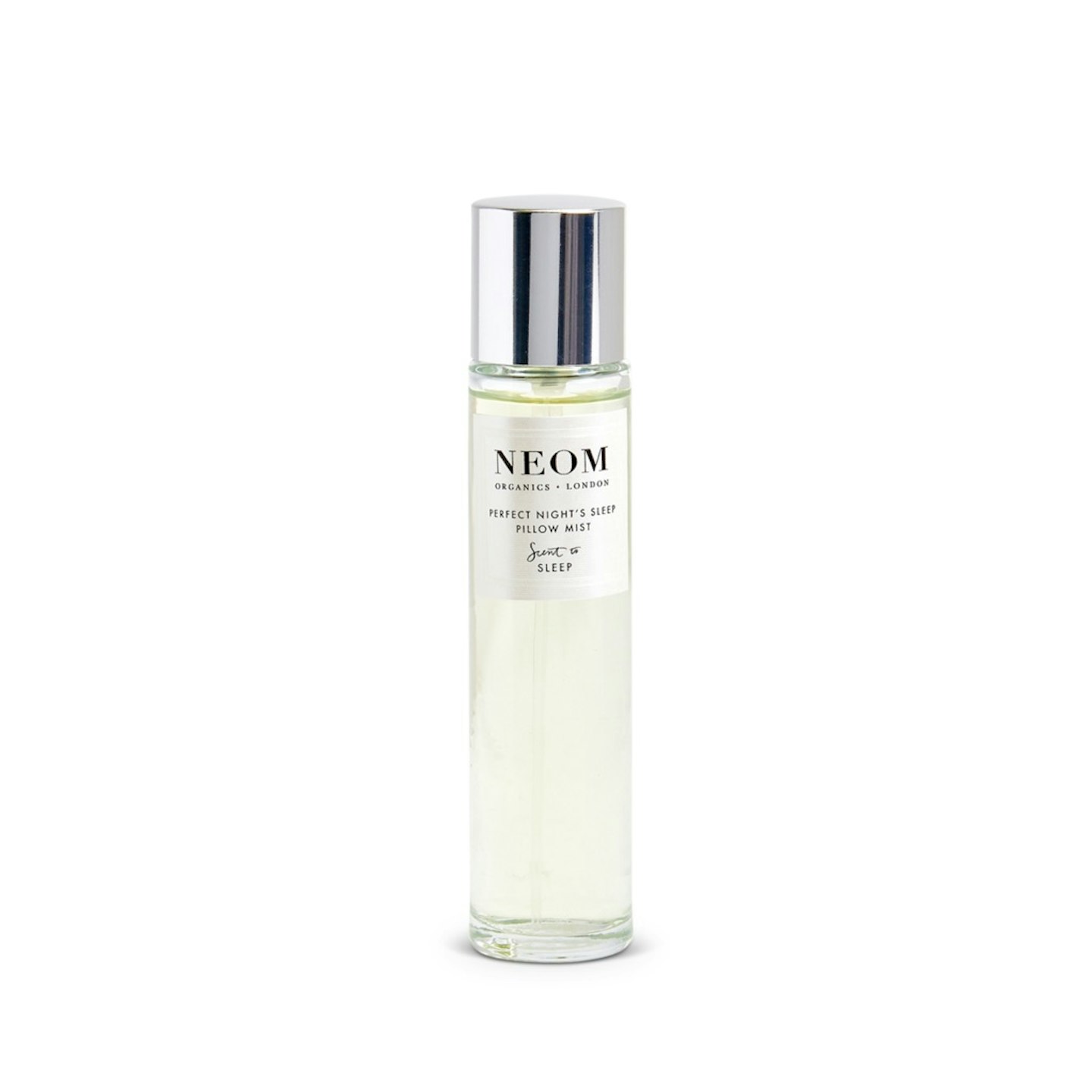 6 of 7
6 of 7Neom Perfect Night's Sleep Pillow Mist, £20
Finally, another cult classic - Neom's Perfect Night's Sleep Pillow Mist. Using 100% natural fragrances and 14 different essential oils, this mist is so soothing and will scent your room of a sumptuous spa.
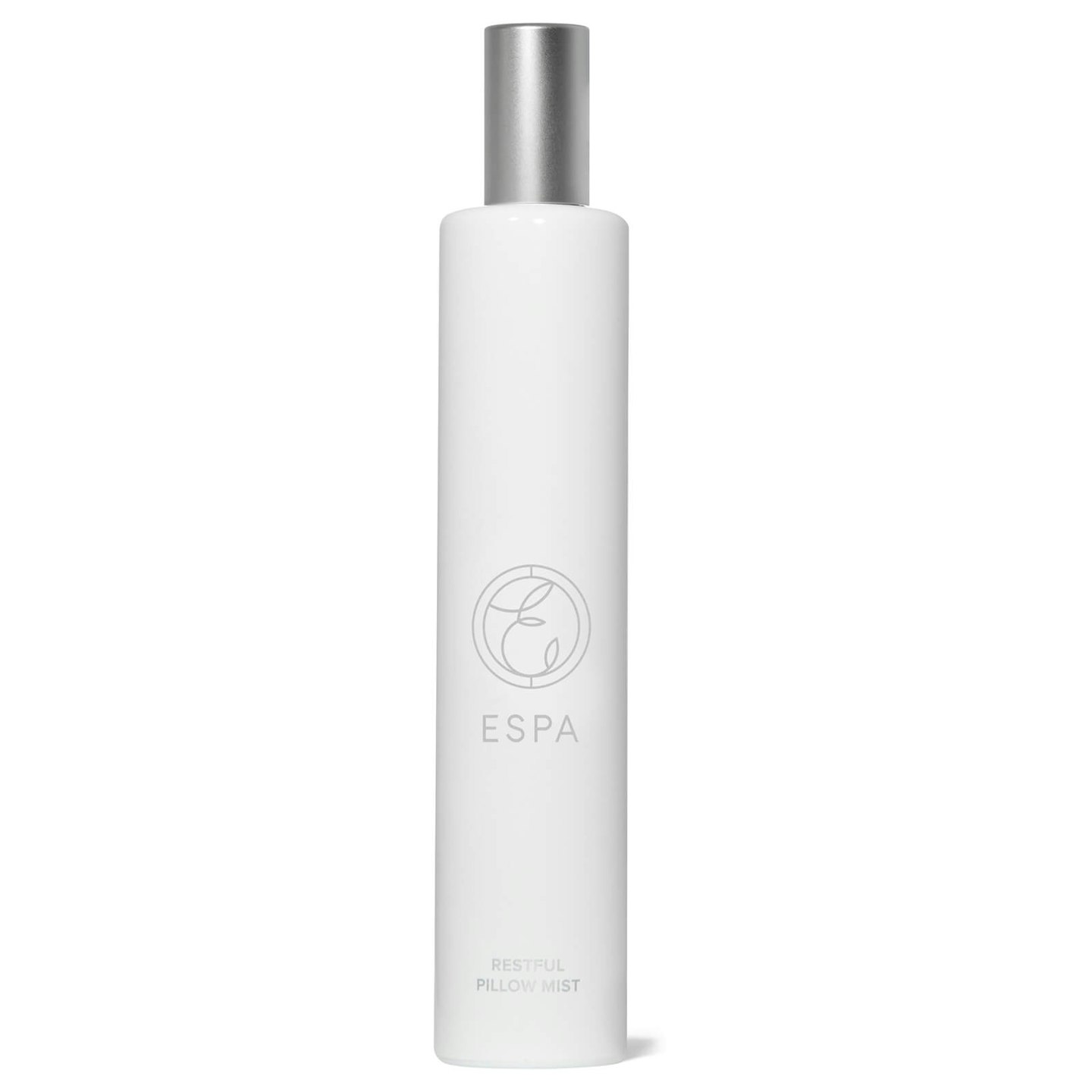 7 of 7
7 of 7ESPA Restful Pillow Mist, £25
Spritz this pillow mist on your body, in your bedroom as well as on your linen for a blissful night's sleep. Starring lavender, the aromatherapy blend will help to relax the mind and body in no-time.
It's an interesting though though, isn't it? That we're not sleeping worse than ever. That, actually, we're not so bad afterall. It's something to take comfort it, rather than rage at. Sleep is important and if you think you might be suffering from a sleep order, see a health professional. Getting enough sleep so your body can function effectively and you can be at your best is not lazy: it’s fucking common sense. We have ‘ideals’ we feel the need to meet in almost every other aspect of our lives, so let’s give our sleep habits a break because we'll probably rest all the more easy for it. Ironic, don't you think?
